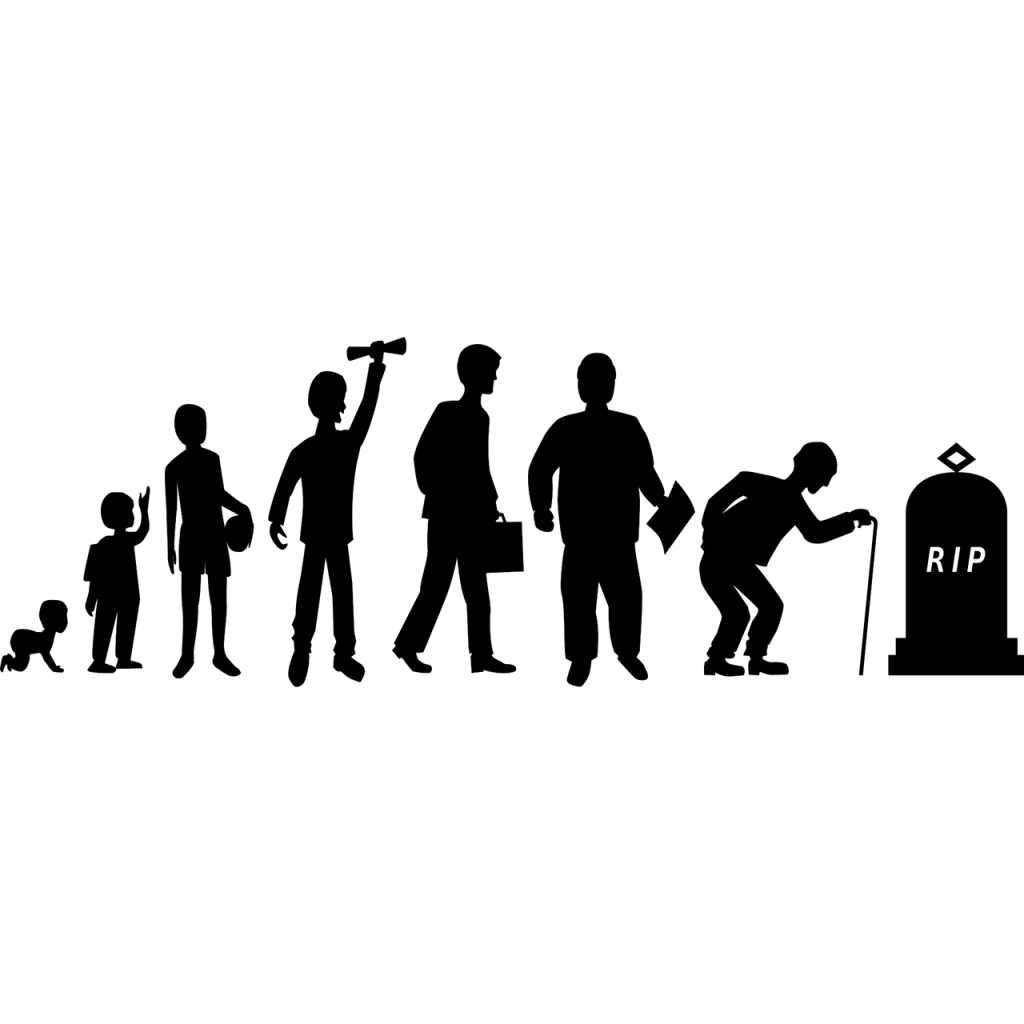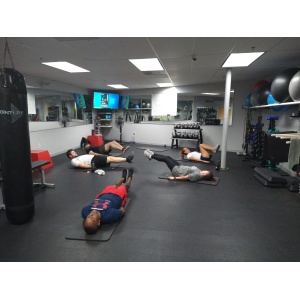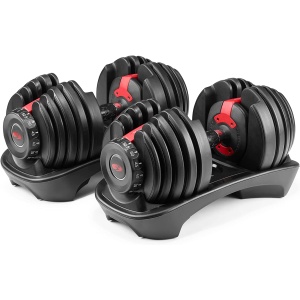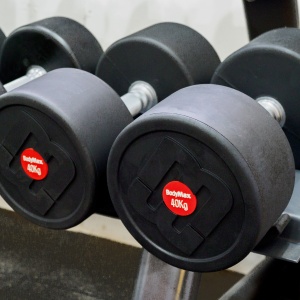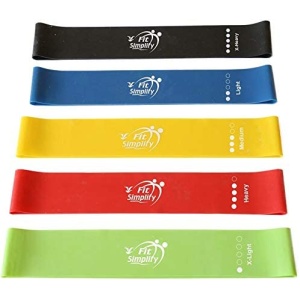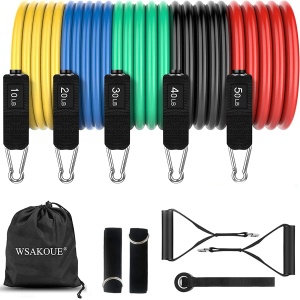How To Reduce Your Biological Age & Feel Younger
Training, nutritional and lifestyle changes that can help you re-wind the clock for optimum health and longevity. Here’s how to reduce your biological age to look and feel younger today…
Your age influences many things about your life: your wage packet, insurance premiums, dating habits, even your TV tastes and holiday preferences.
But it reveals surprisingly little about your personal health, fitness, vulnerability to injury and illness, or cognitive function.
What really matters, according to a growing number of health experts, is your ‘biological age’: how your body is functioning relative to your calendar age.
Also known as ‘health age’, this vital statistic can reveal if you have the health of a marathon-running, blueberry-eating teenager or a bed-bound 75-year-old pensioner.
Here are the best ways to start rewinding the clock…
How To Reduce Your Biological Age
1) Up your Weights-to-Cardio Ratio
“I recommend doing two or three weights sessions for every cardio session to look and feel younger,” says Sean Lerwill (seanlerwill.com), a personal trainer with a degree in molecular genetics.
“Resistance training prevents muscle wastage, triggers biological reactions that help to remove free radicals and oxidative stress, and increases blood flow.”
It also boosts growth hormone. This helps you retain bone-building calcium and fat-burning muscle as you age.
A study in the journal Obesity confirmed that people who lift weights have less visceral fat – which is linked to age-related problems like heart disease and diabetes – than those who just do cardio.
2) Do Hormone-Boosting Lifts
“You don’t lose muscle because you get older – you lose it because you stop using it,” says Lerwill. “Compound moves like squats, deadlifts, bench presses and pull-ups are best when learning how to reduce your biological age.”
After the age of 40, you can lose 8% of muscle mass every decade. This slows your metabolism and weakens your body. So, it’s important to cement good habits early.
Compound lifts also increase your production of testosterone. Plus, research in the Journal Of Clinical Endocrinology And Metabolism has linked reduced testosterone to an elevated risk of heart disease.
3) HIIT Pause With Cardio Sessions
Research by the Mayo Clinic has shown that high-intensity interval training (HIIT) slows cellular ageing by boosting the regeneration of mitochondria (your body’s energy-producing powerhouses) by up to 69%.
It also enhances lung, heart and circulation health to keep your body young.
“Cardio sessions like spin classes, sprints or CrossFit classes will keep your weight down. It will also strengthen your heart and lungs,” adds Lerwill.
4) Bend the Rules of Time
“To lower your body’s age you need to stay supple,” says Lerwill. “Dynamic flexibility training in your warm-up or before breakfast is great. Use yoga, dynamic flow or animal flow exercises to keep your hips and joints open. Sitting at a desk is terrible for our posture but, these exercises fight the bad habits which age you.”
Try doing stretches throughout your working day. University of California research found that routinely sitting for ten hours a day increases your biological age by eight years.
5) Rein Yourself In
A heavy one-rep max day or brutal CrossFit class is fine. However, not every session should be a pain-fest.
“Hammering yourself every day creates cortisol and stress responses so your central nervous system takes a beating,” says Lerwill.
Your exercise should be regular – 40 minutes, five days a week will cut your biological age by nine years, according to Brigham Young University. But, moderate exercise is fine: a study by Appalachian State University showed that moderate-intensity resistance training is as good as hypertensive medication at lowering blood pressure.
6) Eat More Omega-3s
“Aim to eat foods that have a natural anti-inflammatory action,” says nutritionist Angelique Panagos (angeliquepanagos.com).
“Good fats like omega-3 fatty acids get broken down into anti-inflammatory chemicals in the body. This can help keep your cells at a good age. You get them from oily fish, olive oil, raw nuts, seeds and avocado.”
Research by Japan’s National Centre for Global Health and Medicine suggested that a traditional Japanese diet high in omega-3-rich fish delivers a 15% lower mortality rate.
7) Be More European
A study in the British Journal Of Nutrition suggested that changing to a Mediterranean-style diet of fish, vegetables, wholegrain and unrefined carbohydrates – even later in life – brings a 25% reduction in all-cause mortality.
Research in the journal Neurology has also shown that following this diet helps you retain brain volume to ward off dementia and memory loss.
8) Aim for Antioxidants
They’ll inhibit the damaging effects of oxidation.
“Foods high in antioxidants include dark green leafy veg and colourful fruit – berries, in particular, promote longevity,” says Panagos. “At meal times always aim for half a plate of non-starchy vegetables.”
For an antioxidant hit, try her body-boosting green smoothie. Make it with three handfuls of kale, two sticks of celery, two apples, ¼ avocado, 1tsp ground flaxseeds and water.
9) Sleep Yourself Younger
Get your eight hours. A study in Biological Psychiatry found that sleep deprivation heightened inflammatory markers linked to cardiovascular disease, hypertension and type 2 diabetes. In addition, an American study suggested people who sleep less than five hours a night had an “excess heart age” 5.1 years beyond their real age.
10) Remove Stress
A University of California study revealed that stress is linked to shortened telomeres and higher oxidative stress. These are both markers that correlate to reduced longevity.
“A good test is noticing if you often use words like ‘always’ and ‘never’,” says Busch. “Thinking in extremes and absolutes is a sign of stress.
“Keeping a daily journal can help you achieve clarity thoughts and a sense of closure. Writing always involves a beginning and an end. The process itself encourages you to find solutions.”
- Personal Training
12 Week Customized Personal Training Program
- Exercise Equipment
Bowflex Adjustable Dumbbells
- Exercise Equipment
Home Gym
- Exercise Equipment
Loop Exercise Bands
- Exercise Equipment
Resistance Bands

